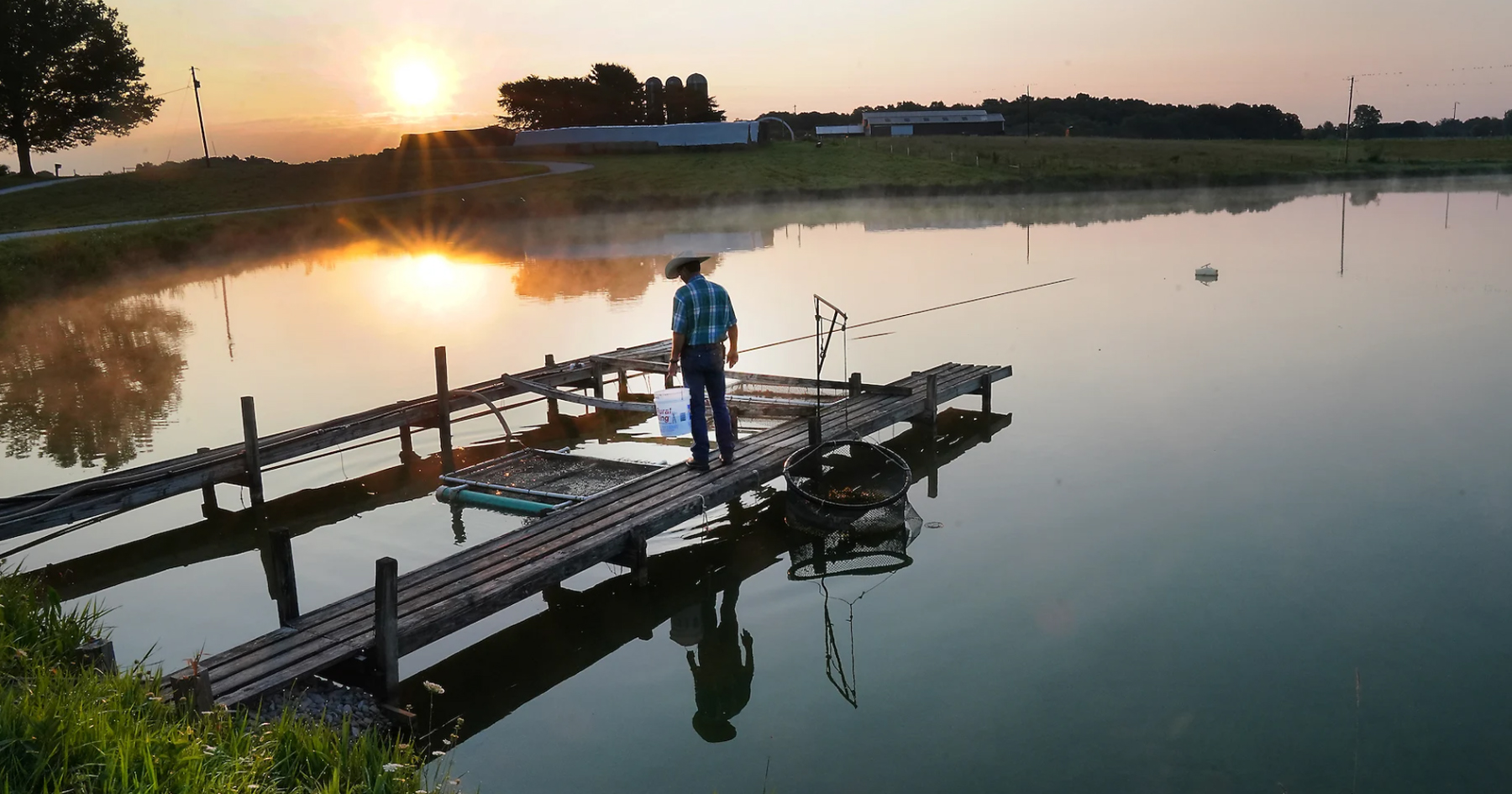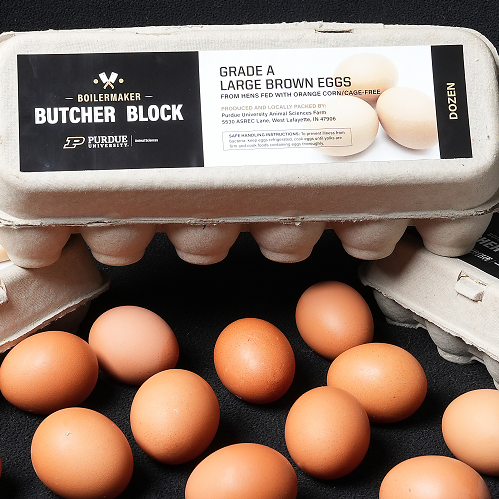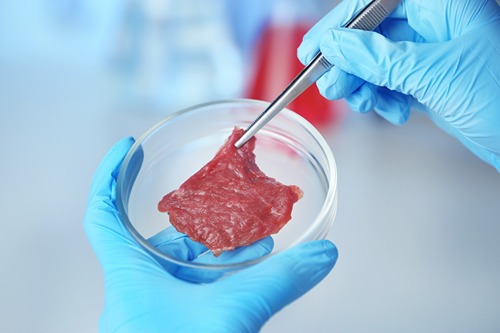Purdue University College of Agriculture
Prospective Students
What's Trending

PURDUE'S NEXT MOVES
In April 2021 Purdue launched five new distinct strategic initiatives designed to advance the University’s competitive advantage in its continuing quest for leadership among the world’s top research and teaching institutions.
Learn More
Purdue Extension
Purdue Extension is Indiana's educational partner for life. Extension delivers practical, research-based information that enhances lives and livelihoods.
Learn More



